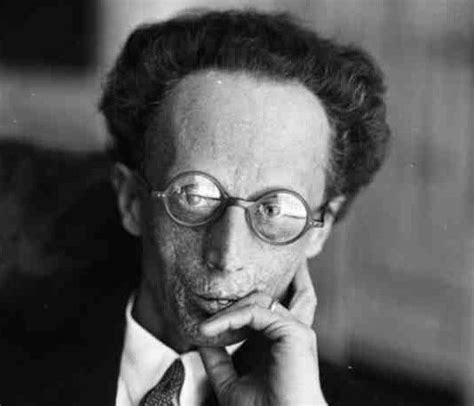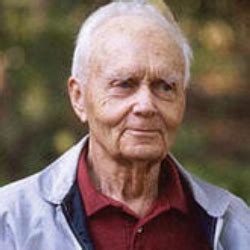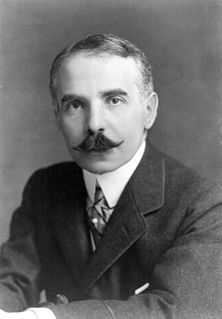A Quote by Friedrich Dessauer
The work of the inventor consists of conceptualizing, combining, and ordering what is possible according to the laws of nature. This inner working out which precedes the external has a twofold characteristic: the participation of the subconscious in the inventing subject; and that encounter with an external power which demands and obtains complete subjugation, so that the way to the solution is experienced as the fitting of one's own imagination to this power.
Related Quotes
A scientist sets out to conquer nature through knowledge - external nature, external knowledge. By these means he may split the atom and achieve external power. A yogi sets out to explore his own internal nature, to penetrate the atom (atma) of being. He does not gain dominion over wide lands and restless seas, but over his own recalcitrant flesh and febrile mind.
According to the technical language of old writers, a thing and its qualities are described as subject and attributes; and thus a man's faculties and acts are attributes of which he is the subject. The mind is the subject in which ideas inhere. Moreover, the man's faculties and acts are employed upon external objects; and from objects all his sensations arise. Hence the part of a man's knowledge which belongs to his own mind, is subjective: that which flows in upon him from the world external to him, is objective.
The basic idea of Zen is to come in touch with the inner workings of our being, and to do this in the most direct way possible, without resorting to anything external or superadded. Therefore, anything that has the semblance of an external authority is rejected by Zen. Absolute faith is placed in a man's own inner being. For whatever authority there is in Zen, all comes from within.
The current period of regression is registering some success in "producing people" who are subordinated to external power, diverted to such "superficial things" as "fashionable consumption" and other pursuits more fitting for the "bewildered herd" than participation in determining the course of individual and social life.
There is, however, in art another kind of external similarity which is founded on a fundamental truth. When there is a similarity of inner tendency in the whole moral and spiritual atmosphere, a similarity of ideals, at first closely pursued but later lost to sight, a similarity in the inner feeling of any one period to that of another, the logical result will be a revival of the external forms which served to express those inner feelings in an earlier age.
This "new" idea of God proposes that all the characteristics traditionally attributed to the purely external God are, in an important sense, attributes of this inner force of consciousness. When this inner energy of higher consciousness is experienced, it then becomes clear that such an energy permeates the entire universe. In this way, it is through self-knowledge that the existence of an external God is verified and understood.
All children want to do is play in worlds they create and project on their external world. If allowed to do that, they are constantly building new neural structures for creating internal worlds and projecting them on their external world. And they build up an enormous self-esteem and feeling of power over the external world through their own capacities.
There's one uneasy borderline between what is external and what is internal, and this borderline is defined exactly by the sense organs and the skin and the introduction of external things within my own body. Consciousness is altered by physical events and physical objects, which impinge upon my sense organs, or which I introduce into my body. Now the name traditionally given to external objects or processes which change you internally is sacrament. Sacraments are the visible and tangible techniques for bringing you close to your own divinity.









































